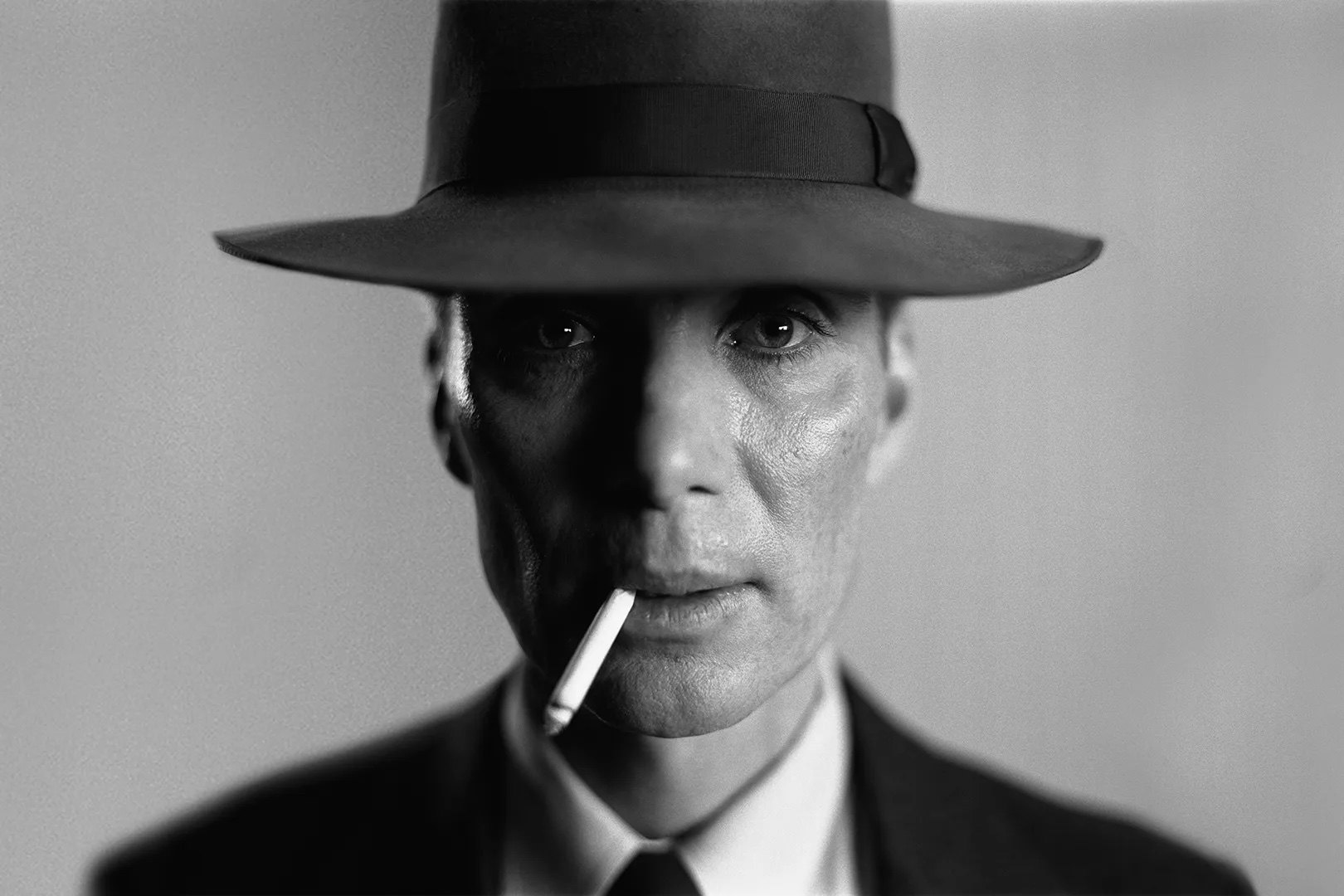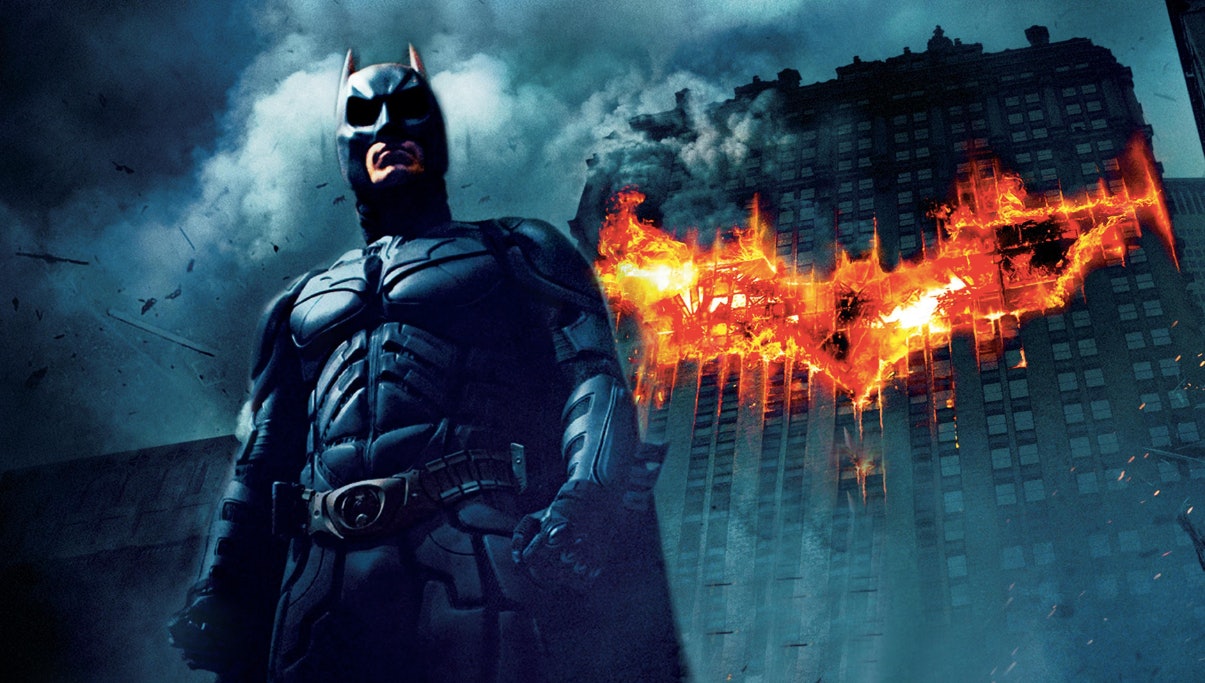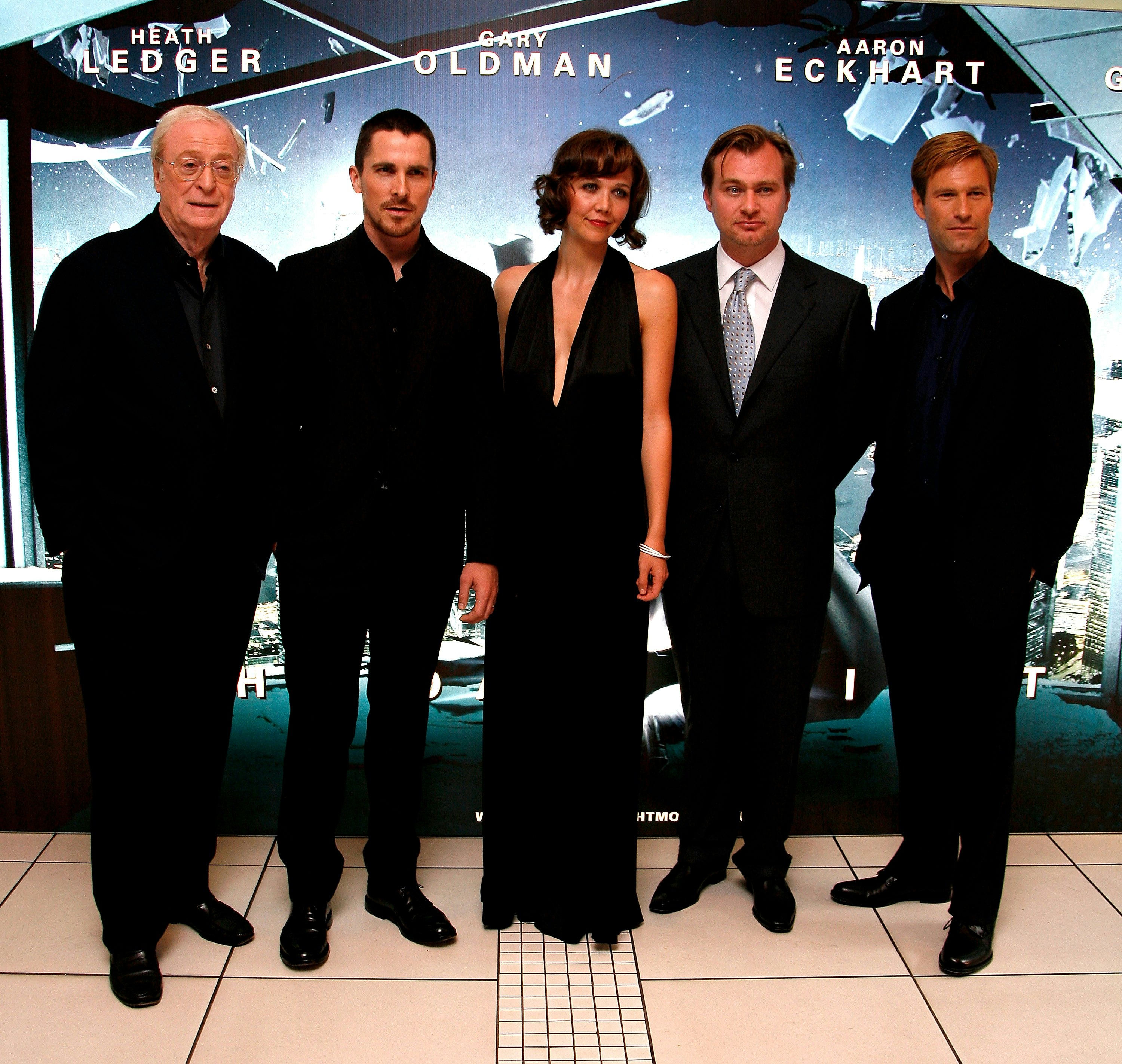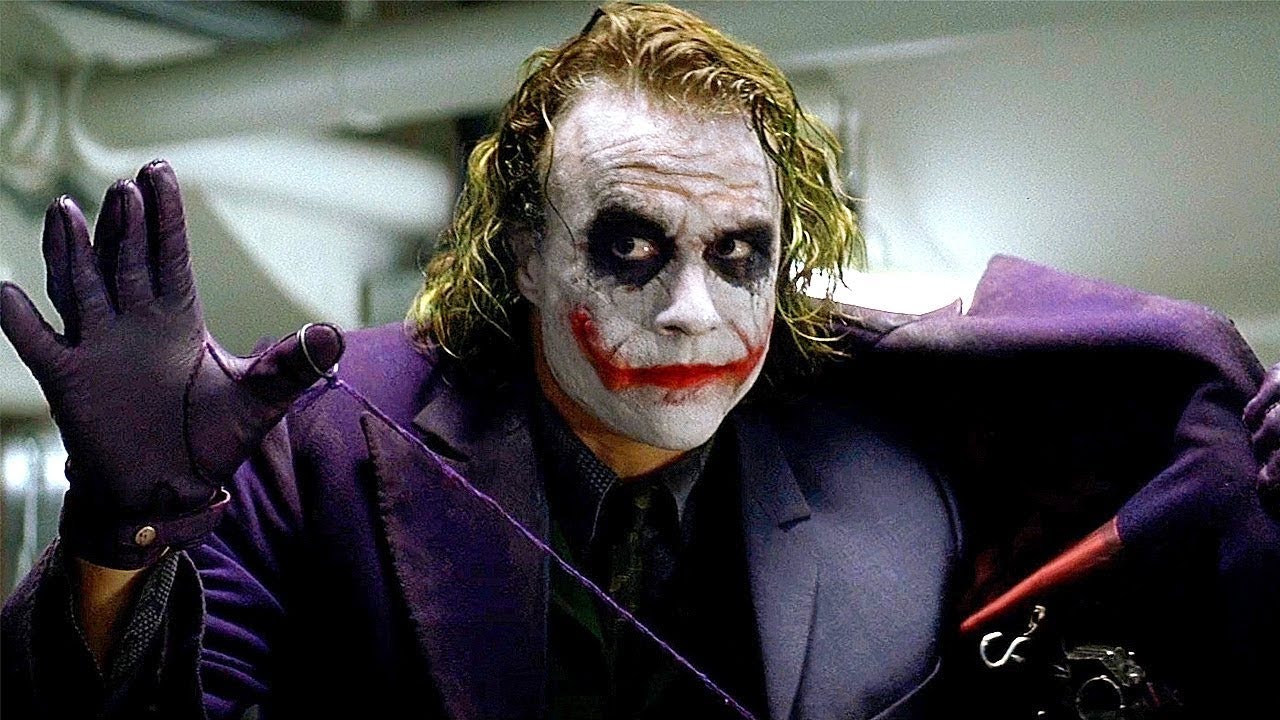
About halfway through Oppenheimer, Cillian Murphy gazes at a hat, a pipe, and a suit jacket laid before him. As Ludwig Göransson’s haunting score swells to a crescendo, J. Robert Oppenheimer dons all three, as if he’s suiting up for war. In a sense, he is, but it’s a war with the intricacies of quantum theory that will help him build the atomic bomb. But there’s another way to read this scene: It also plays like a superhero suiting up — Batman donning his cowl, Thor lifting his hammer, or even Indiana Jones grabbing his whip.
Considering director Christopher Nolan’s landmark work in the superhero genre, this feels like an intentional homage. But Oppenheimer contains more than a sly nod to the Batman movies that made Nolan a household name. Its whole thesis (the systematic destruction of a man’s psyche and legacy as he looks back a what he has wrought) could easily be applied to Nolan’s own career. It’s a shared tale of great men who aspire to create something great, but whose legacy is warped by the terrible things that followed.

When Nolan was chosen to direct Batman Begins in 2003, he was a rising director with an acclaimed indie hit under his belt. This was before the days of the Marvel machine frequently plucking promising filmmakers out of obscurity to helm the latest big-budget tentpole. At the time, it was a real gamble. Nolan delivered a well-received superhero movie that grounded the heightened superheroics of Batman in real-world stakes and physics. The Caped Crusader had to figure out how to make his cape glide. He had to learn how to use his financial resources to create his gadgets. He drove a tank.
The challenges of reality in Batman Begins set the stage for Nolan’s first magnum opus, 2008’s The Dark Knight. It was a critical and commercial darling, daring audiences to treat Batman as seriously as a prestigious drama — fans even called it The Godfather 2 of superhero movies. But in the years that followed, the golden age of superhero movies that The Dark Knight (and Iron Man, released that same summer) seemed to introduce gave way to... well, something a little less exciting.

The Dark Knight’s tortured legacy is a classic case of Hollywood learning the wrong lessons from a great hit. Nolan’s Batman sequel was somber, grounded, and serious. So naturally, that gave way to humorless superhero movies that attempted that same brand of “realism,” with Warner tapping Zack Snyder to help a grimdark DC Extended Universe. Nolan even pitched in, co-writing Man of Steel and producing subsequent DCEU movies. But audiences soon tired of dark superheroes, and the panicked pivot toward the MCU’s brand of quippy humor would result in tonal confusion and even audience fatigue. (Oppenheimer was also brought out to help promote the achievement of the A-bomb, though he seemingly turned on his creation far faster than Nolan ever did.)
Fifteen years after The Dark Knight, it’s become both a turning point and a point of no return for superhero movies. Studios are still chasing its ecstatic heights, but the simple truth is: There will never be another Dark Knight.

It may seem odd to compare the making of the atomic bomb — one of humanity’s most horrifying achievements — to a Batman movie. (Although the metaphor works fairly well: The subsequent nuclear arms race between America and Russia makes a clean parallel with Marvel and DC’s imbalanced box office battle.)
It may seem even odder to compare a Hollywood director to the scientist responsible for creating the atomic bomb. But Oppenheimer’s soul-searching (and soul-damning narrative) certainly seems to apply to Nolan in some form.
At the very least, using every cinematic skill in his arsenal, Nolan has made a self-reflective masterpiece in which he looks back at the legacy of his greatest achievement, and sees only ruin.







